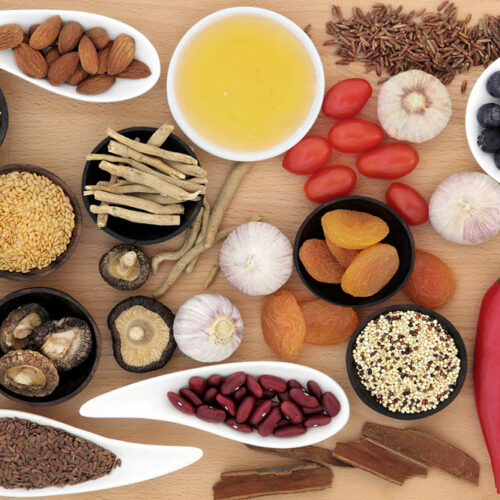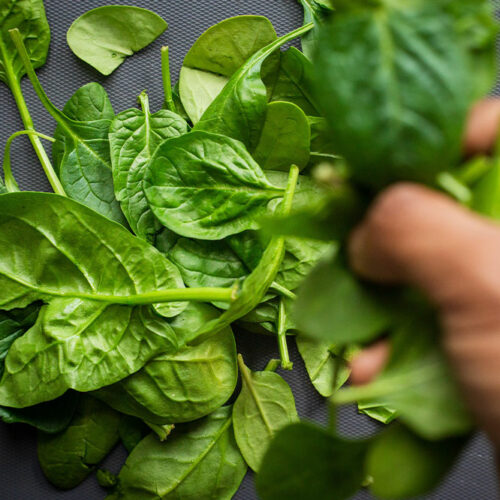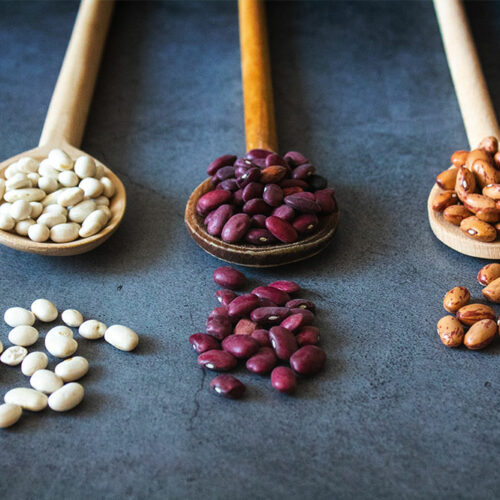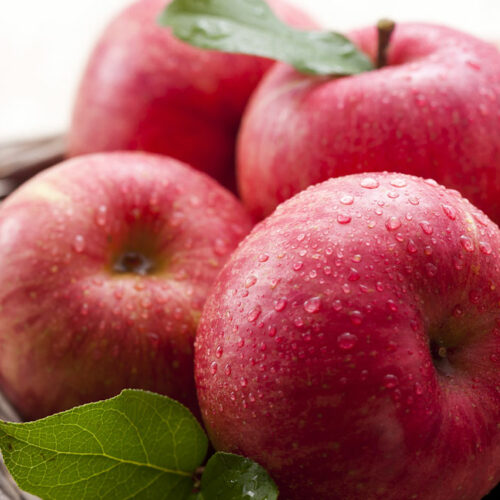11 best foods for managing anemia

Anemia is a prevalent health condition that develops when the body does not have enough red blood cells or hemoglobin to carry sufficient oxygen to the tissues. A common cause of this condition is a deficiency of iron, which can cause issues such as weakness, fatigue, paleness, dizziness, and shortness of breath. Here, in addition to seeking treatment for these symptoms, making better food choices can help in managing anemia. Nutrition and anemia When dealing with anemia, it is crucial to choose foods rich in iron, as iron helps in the production of hemoglobin in red blood cells, thereby helping manage the condition. In addition to iron sources, one should opt for foods that help in the absorption of iron to maximize the benefits of this vital nutrient. Here, it is important for one to understand the difference between the two types of food-derived iron—heme iron and non-heme iron. Heme iron is commonly found in animal products, while non-heme iron is present in plant-based foods. Although both types contribute to increasing overall iron levels, optimizing each type’s absorption through a well-balanced meal plan is key to combating anemia and managing overall health. Best foods The following are a few common foods that one must consider adding to daily meals when dealing with anemia:






